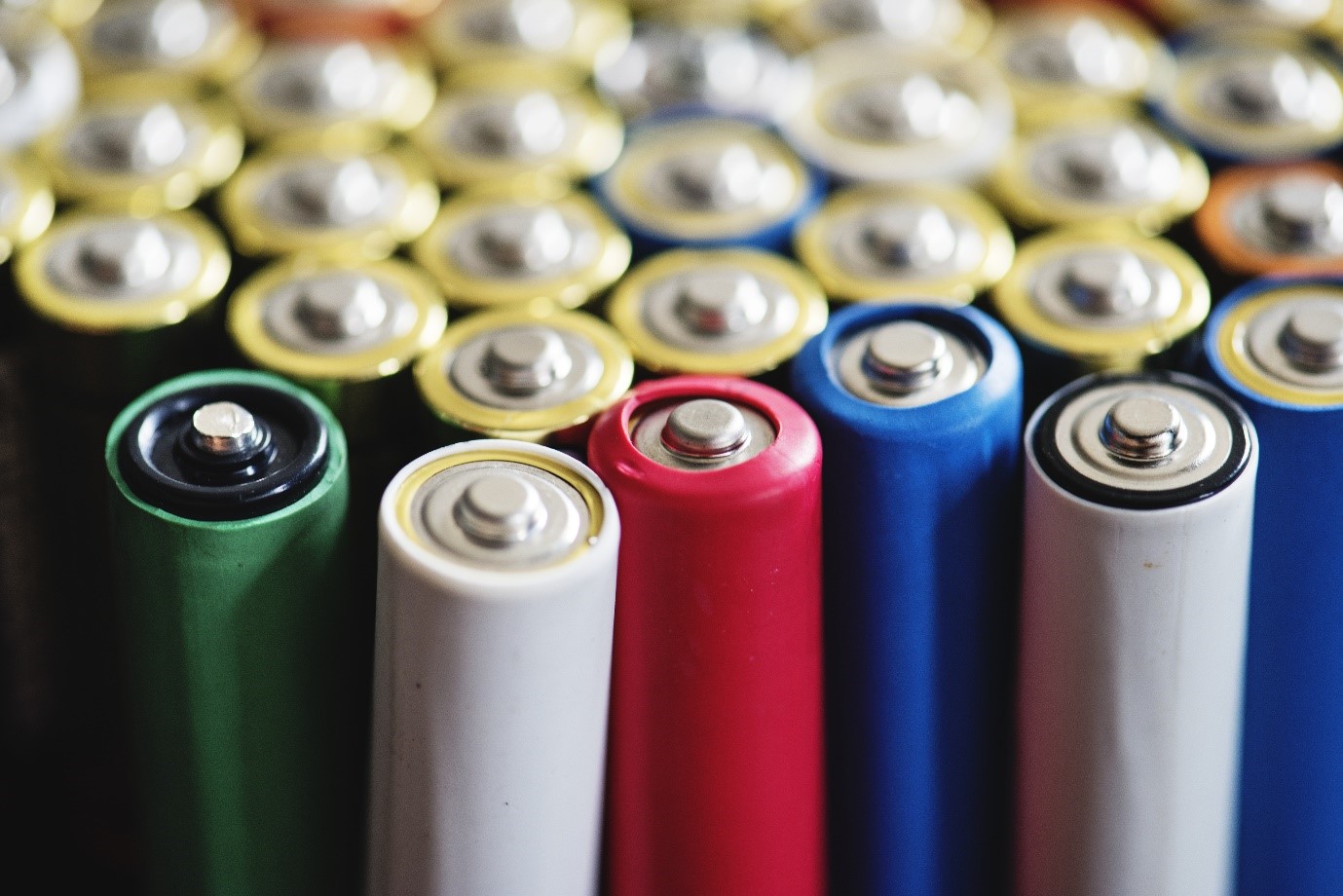Electric vehicles (EVs) have gained popularity worldwide, with sales increasing by over 40% in 2022. This growth has been driven by better high power batteries that offer longer ranges and faster charging times. The role of lithium-ion battery manufacturers in the USA is vital in supporting this trend, as they continue to innovate and enhance battery technology to meet the unique demands of electric mobility.
-
The Need for High Power Batteries in Electric Mobility
Electric vehicles rely on high power batteries to deliver the energy needed for efficient and reliable performance. Unlike conventional batteries, high power lithium-ion batteries provide better acceleration and longer ranges, making them ideal for electric cars, buses, and even bikes. Manufacturers focus on improving battery power because it directly affects the performance of electric vehicles.
The demand for better batteries is growing as more consumers shift to electric vehicles. Lithium-ion battery manufacturers in the USA are investing in research and development to produce batteries that offer higher power output without compromising safety. This ensures that electric vehicles can compete with traditional gasoline-powered cars in terms of performance and convenience.
-
Improving Energy Density for Longer Ranges
Energy density is a key factor for electric vehicles. It refers to how much energy a battery can store in a given space. The higher the energy density, the longer the vehicle can travel on a single charge. To improve energy density, lithium-ion battery manufacturers are experimenting with new materials and designs that can store more energy in a smaller package.
Innovations like solid-state batteries, which use solid electrolytes instead of liquid ones, have the potential to significantly boost energy density. This would allow electric vehicles to travel longer distances without needing to be recharged as often. Manufacturers are also working on improving the structure of lithium-ion cells to make them more compact and efficient.
-
Faster Charging Times for Better Convenience
Charging time is another crucial factor in the adoption of electric vehicles. Consumers prefer cars that can be charged quickly, especially for long-distance travel. Lithium-ion battery manufacturers in the USA are addressing this need by developing batteries that can be charged faster without damaging the cells.
Recent advances include the use of new electrode materials and improved battery management systems (BMS) that allow for faster charging while maintaining the battery's health. A well-designed BMS ensures that the battery charges evenly, which reduces wear and tear on individual cells. This is important for maintaining the battery's lifespan and ensuring it remains efficient over many charging cycles.
-
Ensuring Safety and Reliability
Safety is always a priority when it comes to high power batteries. As electric vehicles store large amounts of energy, there is a risk of overheating, which can lead to safety hazards. Lithium-ion battery manufacturers are making significant efforts to design batteries that are not only powerful but also safe.
To ensure safety, manufacturers incorporate features like thermal management systems and safety sensors that monitor the battery’s temperature, voltage, and charge levels. These systems help prevent conditions that could lead to overheating or short-circuiting. By doing this, manufacturers can offer consumers peace of mind, knowing that their electric vehicles are equipped with reliable, safe battery technology.
-
Advancements in Battery Recycling
One of the challenges of using lithium-ion batteries is the need for sustainable recycling methods. As the number of electric vehicles increases, so does the demand for materials like lithium, cobalt, and nickel. To address this, lithium-ion battery manufacturers in the USA are investing in recycling technologies that can recover valuable materials from used batteries.
By recycling old batteries, manufacturers can reduce the environmental impact of mining new materials. This not only makes battery production more sustainable but also helps lower the costs of producing new batteries. Efficient recycling processes ensure that the growing demand for electric vehicles does not lead to a shortage of essential battery components.
Conclusion
The success of electric mobility depends heavily on the innovation and expertise of lithium-ion battery manufacturers. By developing high power batteries with higher energy densities, faster charging capabilities, and advanced safety features, they are helping to make electric vehicles more accessible and practical for everyday use. Moreover, advancements in recycling ensure that battery production remains sustainable as demand continues to grow.
Emerging Power provides cutting-edge solutions for electric mobility. With a focus on performance, safety, and sustainability, we offer custom battery solutions that meet the needs of various industries. For more information on how we can help power your electric mobility projects, reach out to Emerging Power today.

